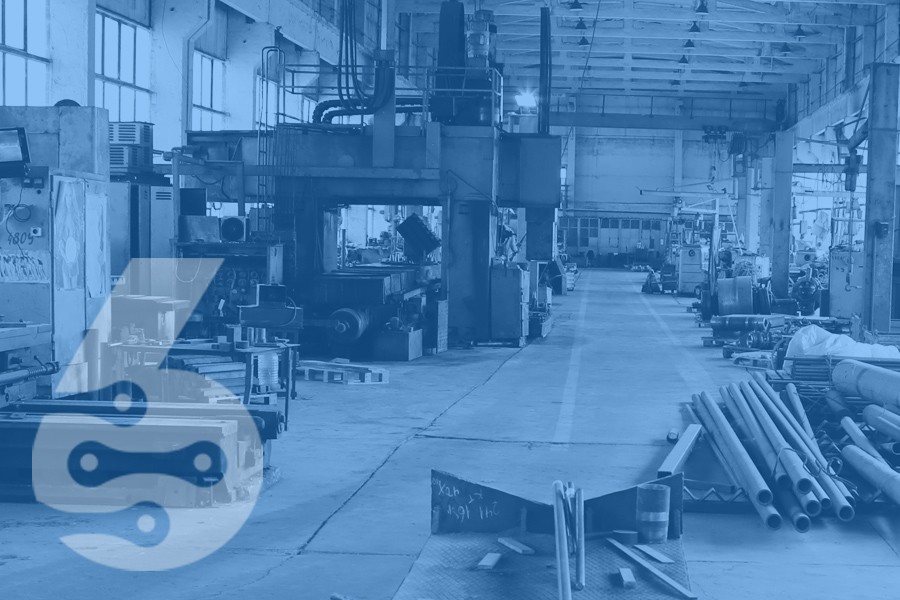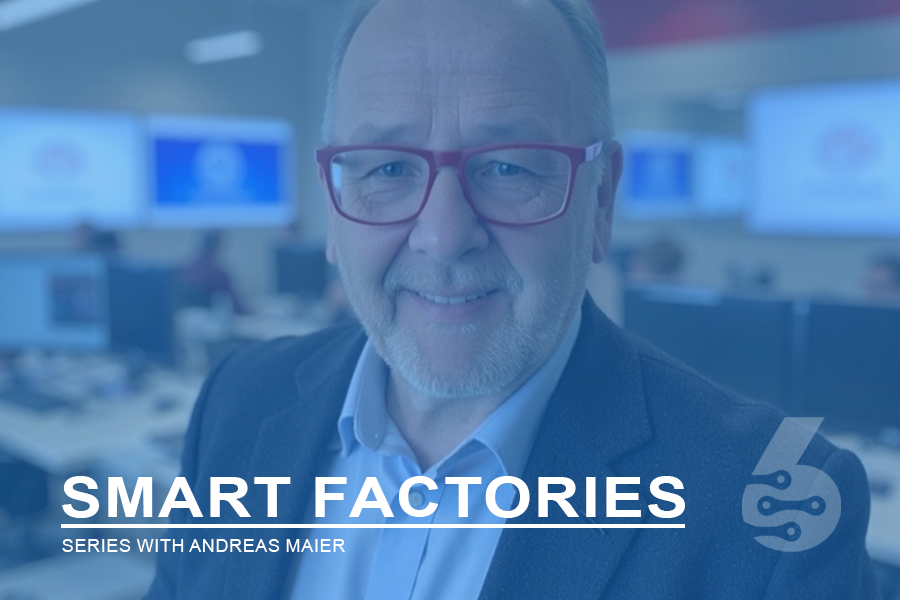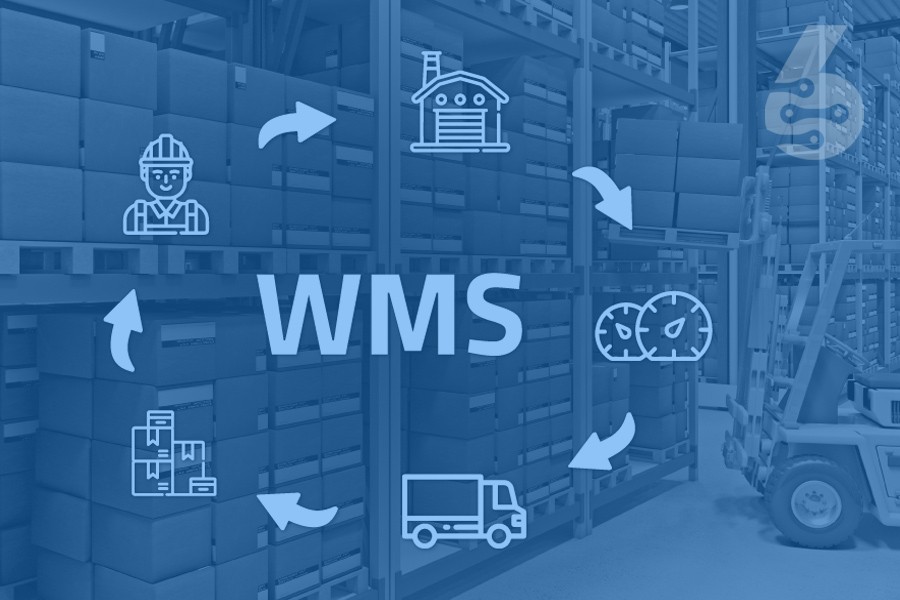The term "material control" refers to ensuring that enough (but not too much) material is available for production and sales. This can be a challenge in manufacturing or other businesses where inventory levels must be carefully managed.
Various techniques can be used to help with material control, such as just-in-time (JIT) inventory management. JIT aims to deliver the right amount of materials at the right time, which can help reduce waste and save money.
Another vital aspect of material control is quality control. This helps to ensure that materials meet the necessary standards and specifications. Quality control can involve inspections at different stages of production, as well as testing of finished products.
Overall, material control is a critical process in many businesses. It can help to save money, reduce waste, and ensure that products meet the required standards.

Related Blog Articles

Managing the Manufacturing Process in ERPs
Enterprise Resource Planning (ERP) systems are integrated software solutions that help businesses manage the vital components of their operations, including product development, Manufacturing, supply chain, shipping and logistics, customer relationship management (CRM), and finance. An ERP system consolidates all of these business functions into a single, comprehensive software solution that can be accessed by authorized users from anywhere in the organization. This centralized access to information and data allows businesses to...
Fresh, Fast & Future-Proof: The Smart Way to Produce Dairy
Milk production is one of the most demanding sectors in food manufacturing, where quality, consistency, and safety are non-negotiable. Unlike other industries, dairy processing requires precise control over every stage - from raw milk intake to packaging - to maintain strict hygiene standards and ensure uniform product quality. This level of precision is only possible through advanced automation and data-driven decision-making. That’s where SIX ERP comes in. By integrating real-time...
Understanding Warehouse Management Solutions
A warehouse management system (WMS) is a software application that supports the day-to-day operations in a warehouse. A WMS helps to control and direct the movement of materials within a warehouse and plays an essential role in optimizing the efficiency of these operations. There are many things to consider when implementing a WMS, from the size and layout of your warehouse to the type of products you're storing. This blog...Related SIX ERP Solutions:
Related SIX ERP Features:
Want to see SIX for yourself?
Need help, have questions or want to get a free demo?
Please read our Privacy Policy on how we process personal data. We will never share your data!



